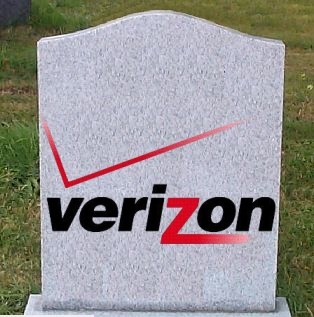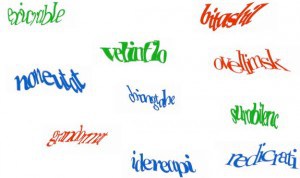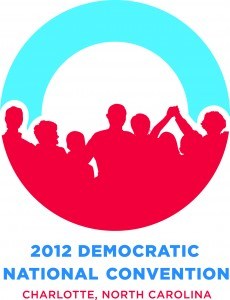“It’s a nightmare,” the comedian Tracey Ullman told the newspaper. “These passwords just keep getting longer and longer. I try to think of a startling emotional thing that jogs my memory or something that’s frightening, or my grandmother’s name with 666 at the end. But I really don’t know what to do.”
In an effort to respond to an increasingly security-conscious online world, providers are password protecting subscriber information and equipment to keep prying eyes out. But sometimes those anti-hacking, anti-eavesdropping, anti-identify theft efforts become mind-boggling to confused customers who end up locked out of their own accounts.
Among the latest trends: locking down wireless routers with passwords straight out of the box.

Bernhard
Any long time Wi-Fi user already knows America’s largest open wireless network does not come from AT&T or Verizon Wireless. It comes from a company formerly known as “Linksys” (today Cisco). Customers confounded by wireless security simply plug in their new routers and start using them without setting any Wi-Fi password or enabling security measures.
Time Warner Cable tried to lick that problem by issuing pre-assigned passwords to customers using the company’s wireless router. Unfortunately, comedian Sandra Bernhard, never smart to antagonize, ended up with one that came with a mish-mosh of letters and numbers (they range from 13 to 28 characters) that cannot be changed.
“We have that one written down somewhere, but where it is I’d be hard pressed to tell you,” Bernhard told the newspaper, noting that her relationship with the cable provider is “an S&M experience without the pleasure.”
Verizon and AT&T love their creative security questions, designed to verify you are who you say you are. But New Yorkers who think too deeply about the questions are sure to be tripped up by the experience.
Jeffrey Leeds, a fixture on the New York social scene, tells the Times he hates questions like, ‘What is the name of your first girlfriend,’ because he unsure if that means the first girl he slept with or the first one he liked who never returned his phone calls.
The confusion inevitably leaves hapless customers writing down their password and security questions on sticky notes or in a notebook, which entirely defeats the purpose of private “only you should know” passwords.
Courtney Love thought she could outwit the hackers with her own system, based on mnemonics.
“You use the lyrics to a song,” she said, for example, “ ‘Lucy in the Sky With Diamonds’ — litswd-1 — and that way you can’t forget it.”
But the newspaper reports that worked until Love was tripped up by “Hey Jude.”
“I kept forgetting if it was ‘Hey Jude, don’t make it bad’ or ‘Hey Jude, don’t make it sad,’ ” she said. “So I gave up on that.”
But the most reviled security measure of all is the deadly, incomprehensible “captcha” code — the barely decipherable slanted text and numbers that real humans are supposed to be able to identify but spammers using automated tools cannot.
“Don’t you hate those?” Ullman said. “I always get those wrong because it looks like they were written by someone on LSD. It’s awful.”


 Subscribe
Subscribe





